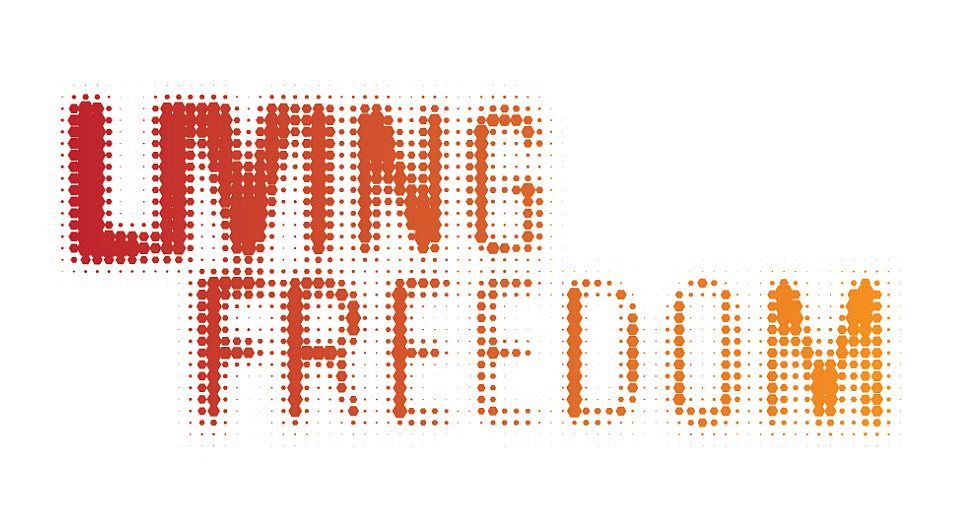Living Freedom: the new threats to liberty
Aged 18-25? Apply now for a three-day school devoted to freedom.

This week, UK anti-circumcision groups, buoyed by proposals to ban male circumcision in Iceland, are planning protests to put pressure on medical bodies to condemn the practice. It highlights the conflict and confusion around the issue of freedom today.
For Richard Duncker, of the Men Do Complain group, circumcision is ‘without doubt an infringement of a child’s rights’. The group will hold a ‘polite’ demonstration at a meeting of the British Medical Association in Brighton in June, because, Duncker tells The Times, ‘an enormous amount of doctors are sympathetic to our cause but are shouted down with a religious-freedom argument’.
In other words, what is presented as a boost to freedom, in this instance extending the ‘rights of children’, is to be achieved through measures that will undermine the well-established freedom to partake in a valued and long observed religious tradition.
This presentation of a ban as a boon for freedom reminds us that today few argue explicitly for constraining liberties. Most people and institutions continue to pay lip service to the ideals of freedom and tolerance. However, such ‘support’ for freedom coexists with an endless stream of new campaigns, proposals, codes of conduct and institutional arrangements that have serious consequences for personal autonomy and individual choices.
Official intervention in the public and private spheres circumscribes what we are allowed to hear and see and do. Often these interventions are presented as a means of protecting us from things we might find challenging or disagreeable. However, from trigger warnings on ‘difficult’ texts to consumer boycott campaigns aimed at forcing advertisers to withdraw from advertising in tabloid newspapers, many interventions are increasingly presented as freedom-enhancing moves, in that they supposedly provide us with ‘freedom from’ things that might offend or upset us.
Thankfully, these thinly veiled challenges to liberty are increasingly unpopular. A recent poll carried out for Prospect by YouGov found that more voters than not (48 per cent against 35 per cent) felt that there are ‘many important issues these days where people are not allowed to say what they think’. The same poll suggested that a two-to-one majority (67 per cent to 33 per cent) reject the idea that we should be more careful with our language when discussing difficult issues, because ‘too many people are easily offended these days’.
On the other side, those who challenge the campus Safe Space movement are now regularly dismissed as privileged people playing the victim card. These critics claim that free speech is never really free – it’s about the people who have the power. Aspects of freedom as they relate to different experiences and groups are increasingly viewed as being in conflict. Is it still possible to make an unconditional case for free speech and tolerance, in which freedom is for all or none at all?
Today there is a sense that the very notion of being free is a fantasy due to our experiences and identities. In pop parlance, we are not so much ‘born to be free’ as we are ‘born this way’ – our destinies are mapped out for us, rather than being things we can shape. This fuels campaigns to ‘decolonise the curriculum’, and make it more ‘representative’ of minorities. Meanwhile, the #MeToo movement seems to have called into question the gains of the sexual revolution. In these campaigns, do we see a challenge to freedom and universalism? Are we in danger of racialising knowledge, and suggesting women are in need of protection rather than liberation?
These are complex but important questions, which we will be tackling at Living Freedom, a three-day residential school in London organised by the Academy of Ideas. Open to anyone aged between 18 and 25, and taking place from 5 to 7 April, the school will provide an opportunity to explore these issues and also to discuss the historical development of liberty. There will be lectures, debates and workshops, aimed at engaging with difficult, controversial and challenging ideas.
Apply now if you want to get to grips with the complexities and contradictions of freedom in the 21st century.
Alastair Donald is associate director of the Academy of Ideas and convenor of Living Freedom.
Living Freedom takes place from 5 to 7 April in central London, and is open to all 18- to 25-year-olds. The closing date for applications is 5 March. For the full programme and details of how to apply, click here.
To enquire about republishing spiked’s content, a right to reply or to request a correction, please contact the managing editor, Viv Regan.








Comments
Want to join the conversation?
Only spiked supporters and patrons, who donate regularly to us, can comment on our articles.